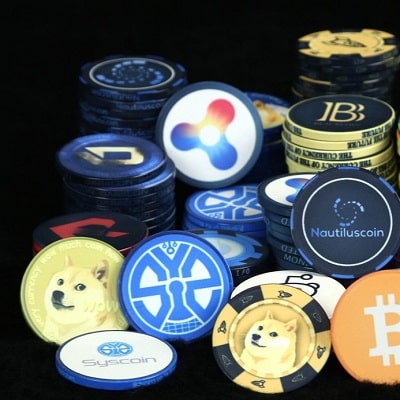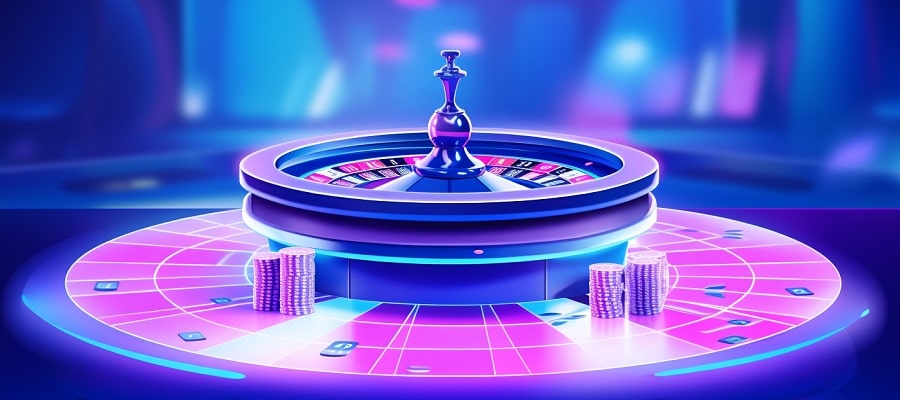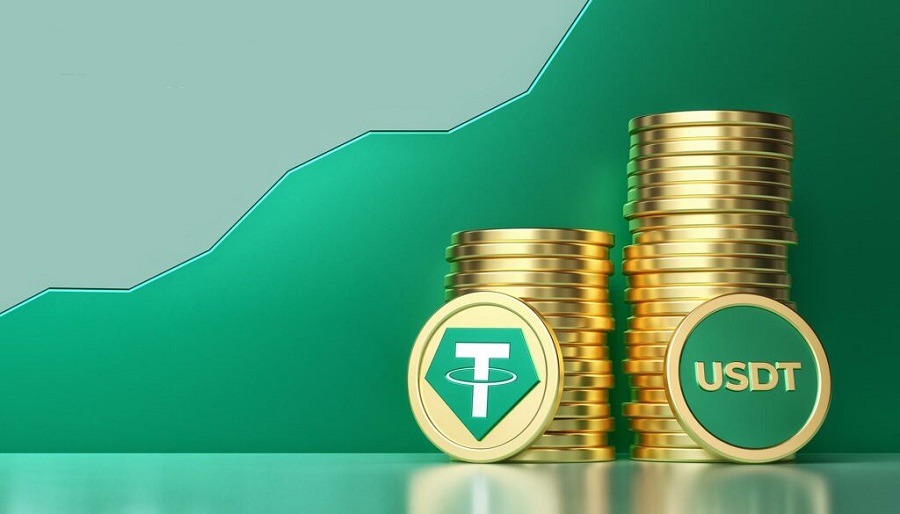
Blockchain is the future of iGaming or intrusive advertising
With the rise of technology, the iGaming sector has experienced significant evolution. The incorporation of blockchain into this realm has sparked discussions on whether it represents the future of iGaming or a new epoch altogether. This article will delve deep into this subject, answering pressing questions and elaborating on pertinent case studies.
Is Blockchain in iGaming the future?
Blockchain, in simple terms, is a chain of blocks, with each block containing transactional data. This decentralized, transparent, and secure technology is proving to be a game-changer in various sectors, including iGaming. As more online gaming platforms explore the potential of blockchain for transparency, safety, and unique gameplay, it’s clear that this technology may either be a future standard or usher in a new age of gaming. Today, such leaders of the gambling market as 888 or Tivoli Casino are actively using and implementing new technology into their product.
What is blockchain technology?
At its core, blockchain is a distributed ledger that records transactions across multiple computers in such a way that ensures the data is secure, transparent, and immutable. Once recorded, the data in any block cannot be altered without altering all subsequent blocks, making tampering near impossible. This technology has been hailed for its potential to revolutionize various industries by providing a more transparent, secure, and decentralized alternative to traditional systems.

Blockchain and regulatory compliance
One of the main challenges in the iGaming industry is regulatory compliance. Blockchain, with its transparent and immutable nature, makes audits and verifications simpler. This means that online platforms like Fenikss or Tivoli Casino can guarantee the fairness of their games, the correctness of payments and the security of player data. The decentralized nature of blockchain also reduces the need for intermediaries, cutting down potential corruptive elements.
NFT: Blockchain-based entertainment
Non-fungible tokens (NFTs) are unique digital assets verified using blockchain technology. Unlike cryptocurrencies like Bitcoin or Ethereum, which are fungible and identical, NFTs are distinct and non-interchangeable, making them ideal for representing digital art, collectibles, and more.
NBA Top Shot
NBA Top Shot is a prime example of the iGaming industry leveraging the capabilities of NFTs. Users can buy, sell, or trade officially licensed NBA collectible highlights, turning memorable basketball moments into tradable assets. This platform showcases how blockchain can create a unique player experience, where fans become stakeholders.
Sorare
Sorare, another compelling case, is a global fantasy football game wherein users can trade, buy, or sell player cards represented as NFTs. With the incorporation of blockchain, Sorare gives users true ownership of their digital assets, bridging the gap between the virtual and the real world.
NFTs and loot boxes
The traditional gaming world’s loot boxes have long been under scrutiny for their gambling-like mechanics. With the advent of NFTs, there’s potential to make these elements more transparent and player-friendly. By using blockchain, game developers can clearly display the odds of obtaining specific items, ensuring a fairer experience for players.
Conclusion
Blockchain’s foray into iGaming has been nothing short of transformative. Whether it’s seen as the future of the industry or the start of a new post-iGaming era, its impact is undeniable. Market giants: 888, Fenikss and Tivoli Casino are already implementing it into their platforms. From ensuring regulatory compliance to redefining player ownership via NFTs, blockchain stands at the intersection of technology and entertainment, promising a future of innovation and transparency.


